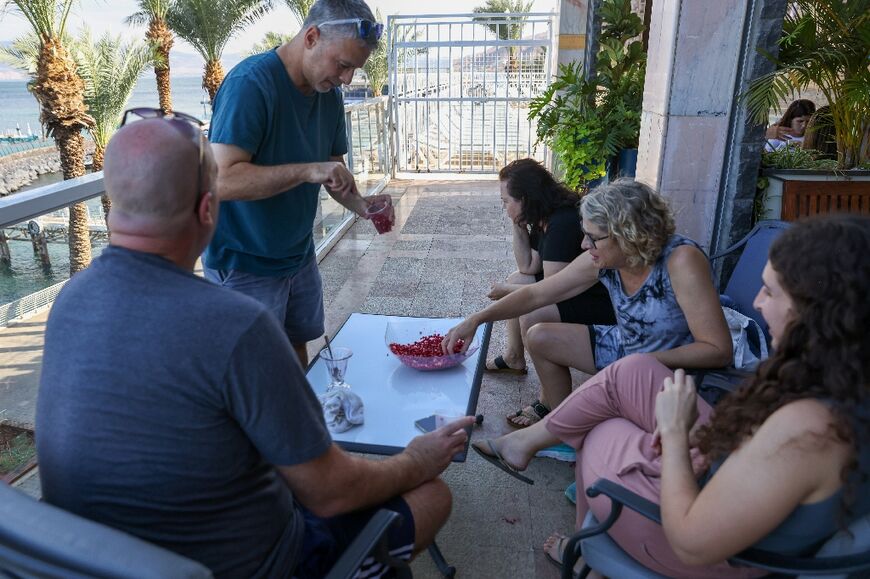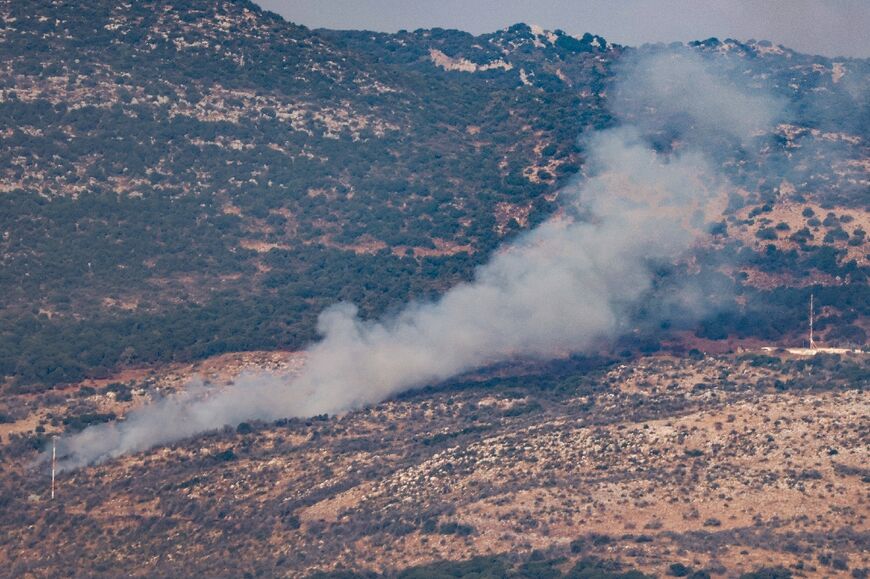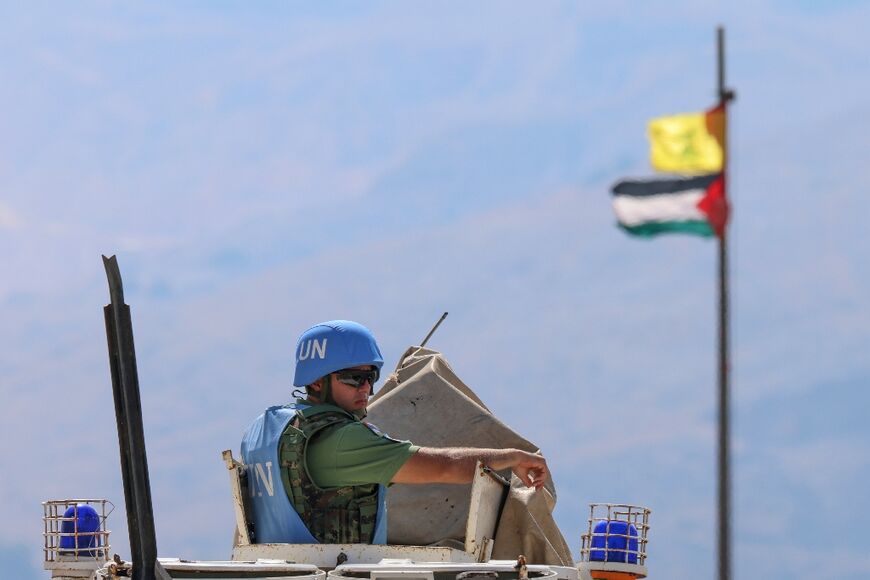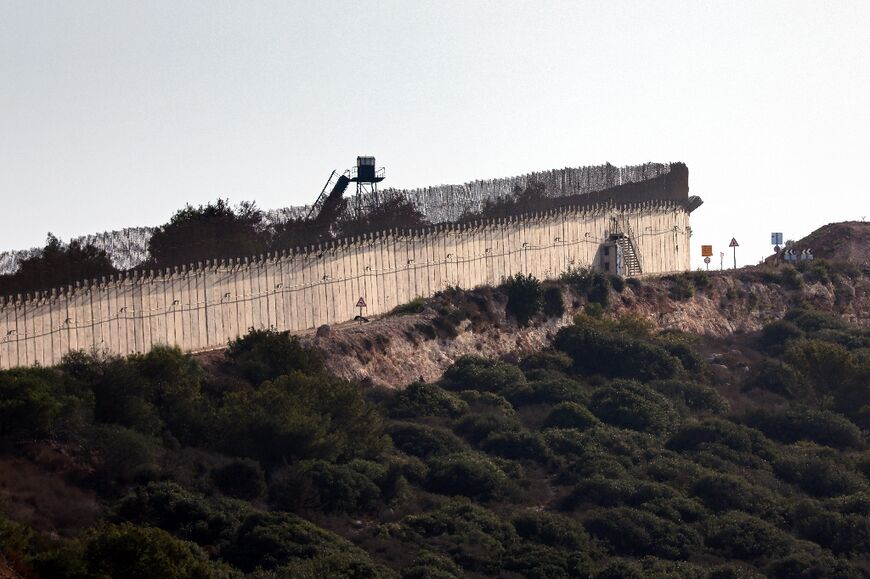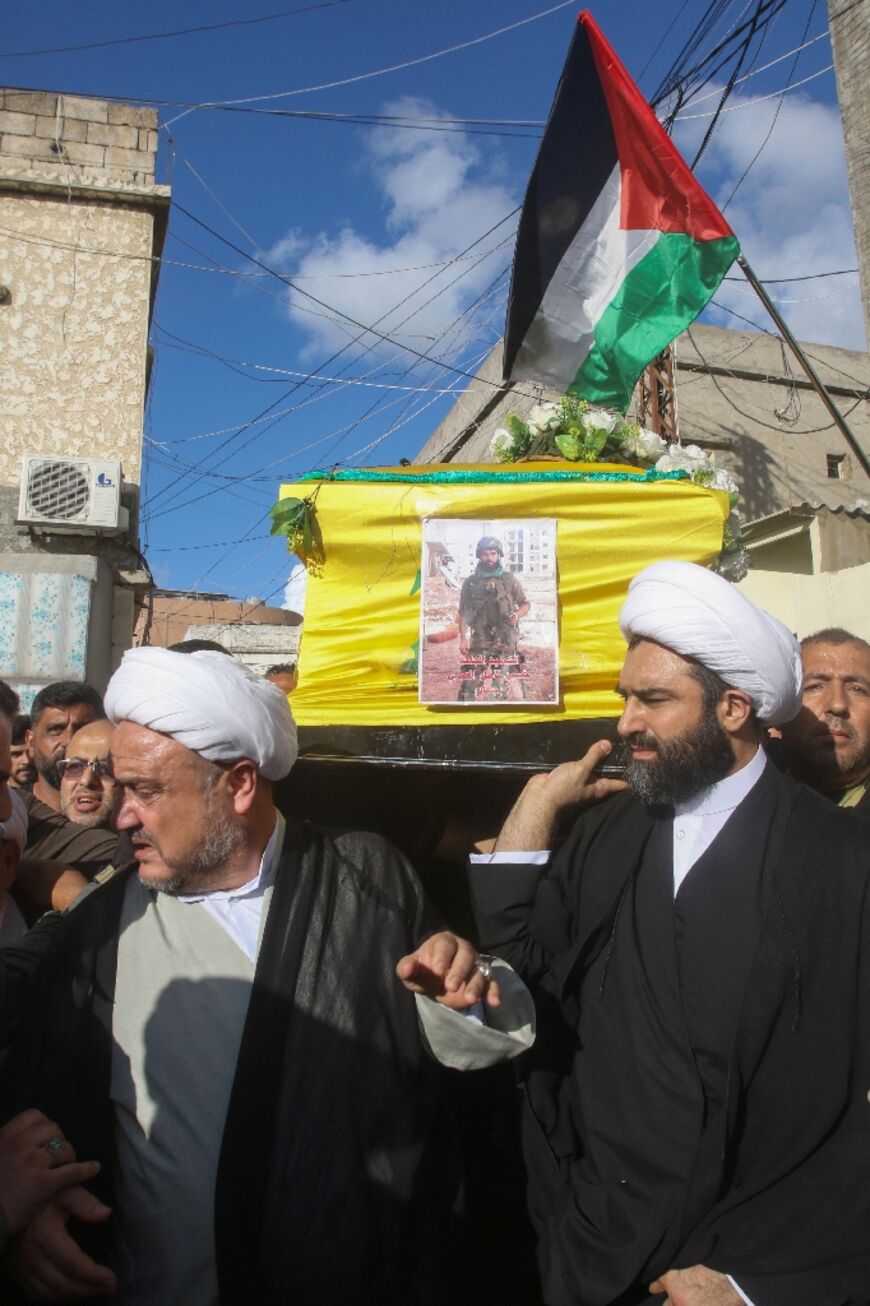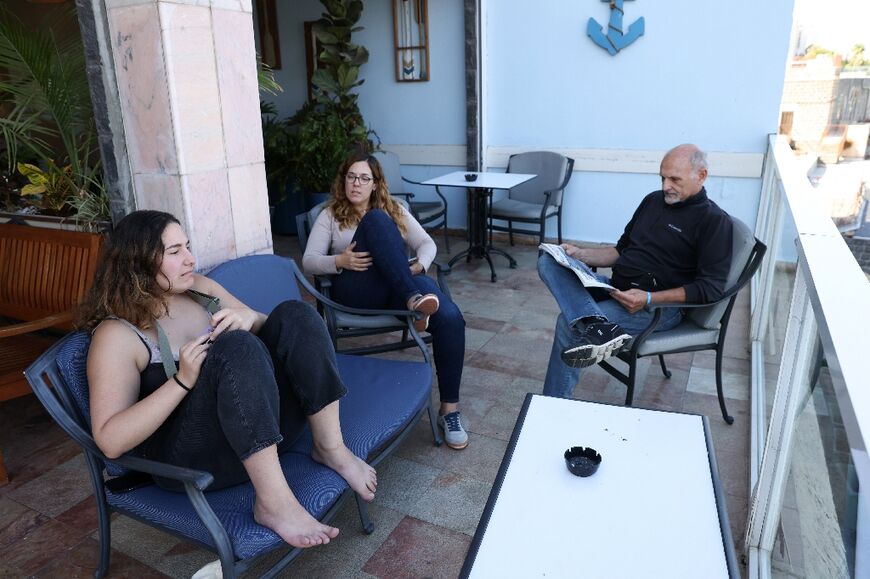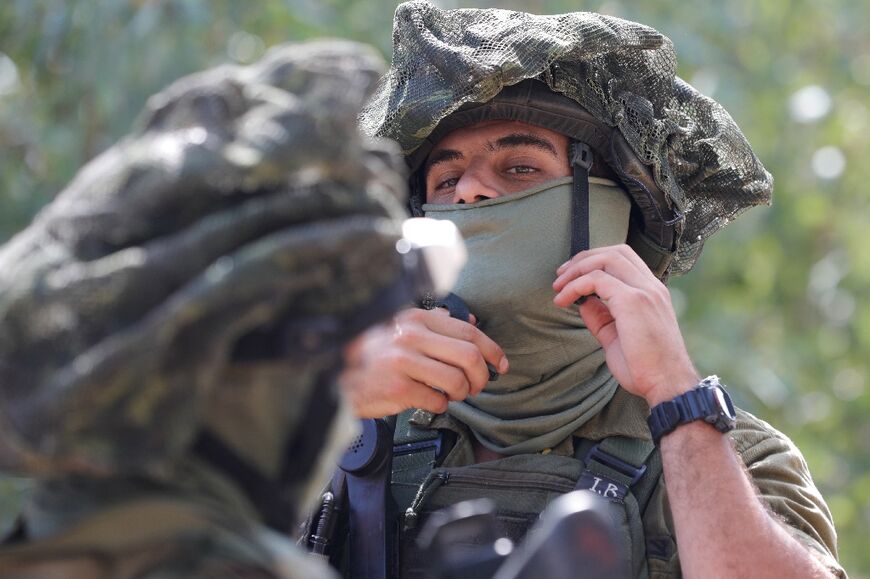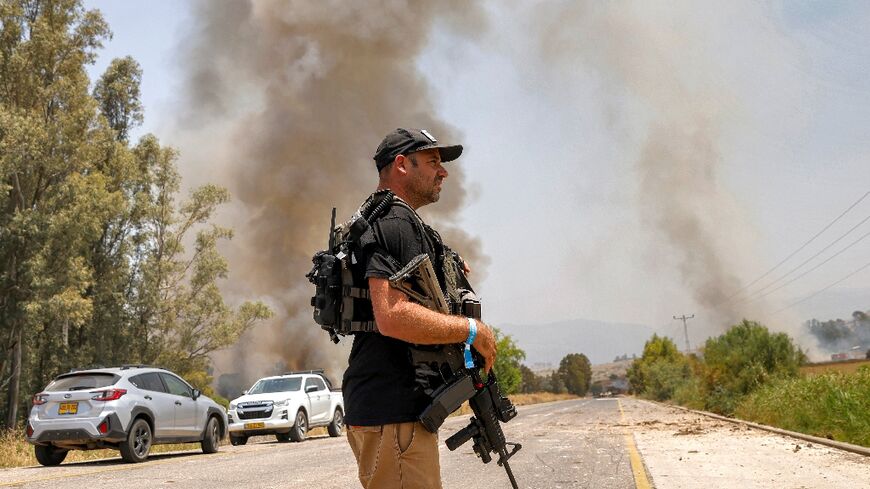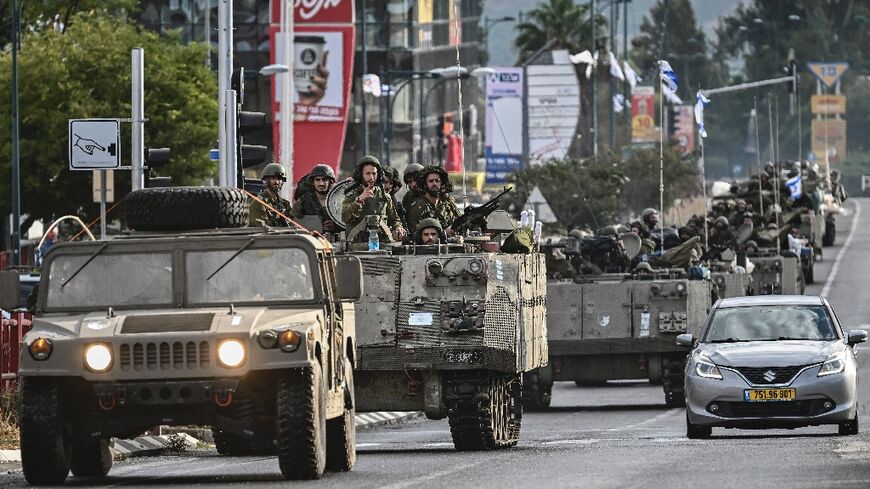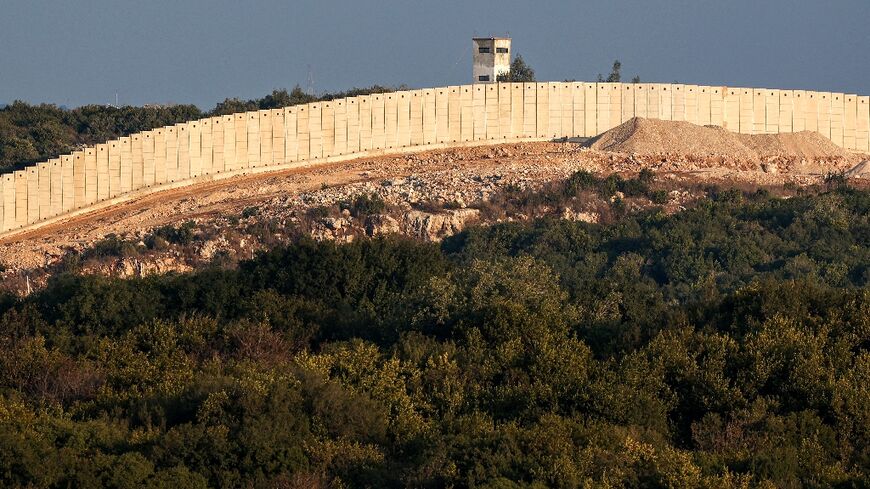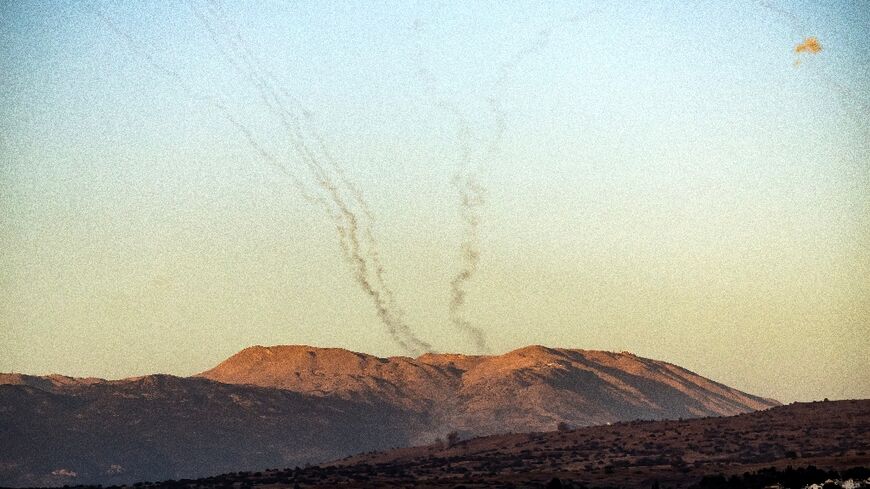'Shaken beliefs': Israelis evacuate from tense Lebanon border
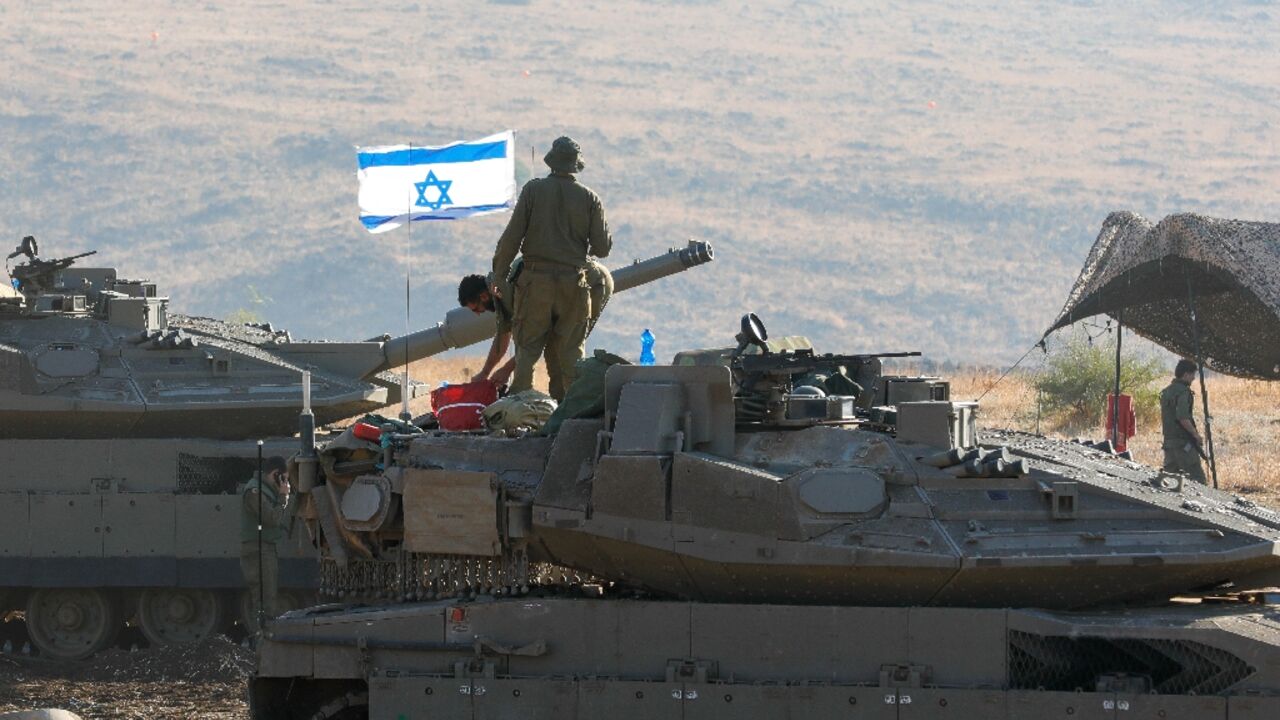
Israel has been bombing Gaza since Palestinian militants launched their bloody attack but tensions have also flared on the northern border with Lebanon, the base of another sworn enemy, Hezbollah.
Hundreds of Israelis have left villages and kibbutzim near the tense, UN-patrolled frontier with Lebanon following cross-border fire that has become more deadly as tensions have heightened.
While thousands of people have died in southern Israel and the Gaza Strip since Hamas' October 7 attacks, recent violence in the north has also claimed lives -- two in Israel and at least 11 in Lebanon.
Since the Hamas attacks, "everything has changed," said evacuated kibbutz member Lea Raivitz, 68, still stunned by the onslaught that killed 1,400 in Israel and sparked the fifth Gaza war in 15 years, killing at least 2,750 in the enclave.
One day after the shock attack, her kibbutz Bar'am, located right by the Lebanese border, moved out with all its people -- from newborns to those aged in their 90s -- in only its second evacuation since it was founded in 1949.
"It's shaken all of our beliefs," Raivitz told AFP, speaking at their temporary new home, a hotel in Tiberias on the western shores of the Sea of Galilee.
Tensions have smouldered across Israel's north following a string of skirmishes, rocket attacks and a military build-up that cast a dark shadow even as much of the country's attention remained focused on Gaza.
Columns of tanks, armoured personnel carriers and rows of cars driven by reservists lined the roads across the hilly northern borderlands.
As anxieties simmered, communities along Israel's northern frontier with Lebanon were evacuated on Monday.
The Israeli army announced "the implementation of a plan to evacuate residents of northern Israel who live in the area up to two kilometres (1.2 miles) from the Lebanese border to state-funded guesthouses".
- 'We're all traumatised' -
The Israel-Lebanon border area has remained largely at peace since a devastating war in 2006 between Israel and Hezbollah.
The recent spike in violence in the north, and Israeli warnings it is ready to invade Gaza, have stoked fears of a renewed all-out war with Hezbollah.
Iran-backed Hezbollah, Lebanon's only militia not to disarm after the 1975-1990 civil war, is committed to the destruction of Israel.
Residents of kibbutz Bar'am who have lived there for decades say that unrest over the years has come in cycles, and are used to seeing Hezbollah posts and flags from their homes on the other side of the border.
But some told AFP that their sense of security had been all but shattered following the October 7 rampage by Hamas, the worst attack in the country's history.
"We're all traumatised, we're all scared," said kibbutz resident Angela Yantian, 67. "I didn't think that sort of thing could have ever happened."
While columns of mechanised steel have massed near Gaza, Israel's Defence Minister Yoav Gallant said Sunday that his country has "no interest in a war in the north, we don't want to escalate the situation".
"If Hezbollah chooses the path of war, it will pay a very heavy price," he said. "But if it restrains itself, we'll respect the situation and keep things the way they are".
Some kibbutzniks said Israel's sacrifice and the fight ahead are worth it if they bring greater security for Israel in the future.
"Every terror organisation needs to know that we will deal with them when the time is right for us," said Tsachi Shaked, 51.
"If the right time is now, then we will need to do it now."


